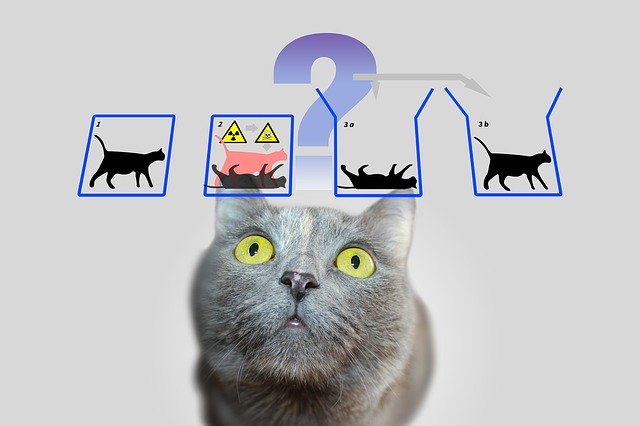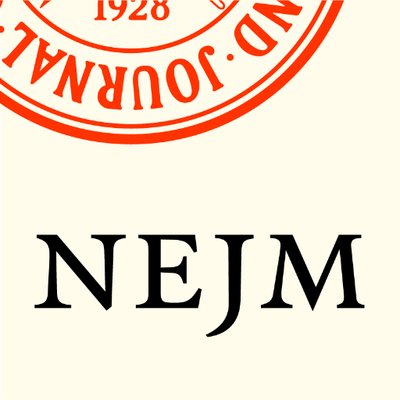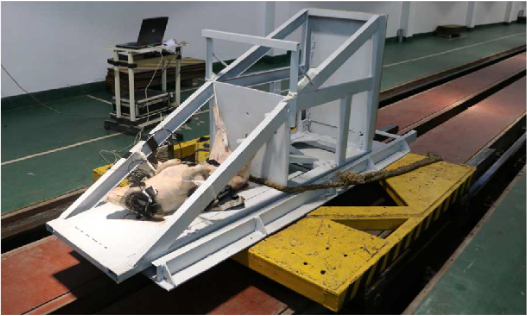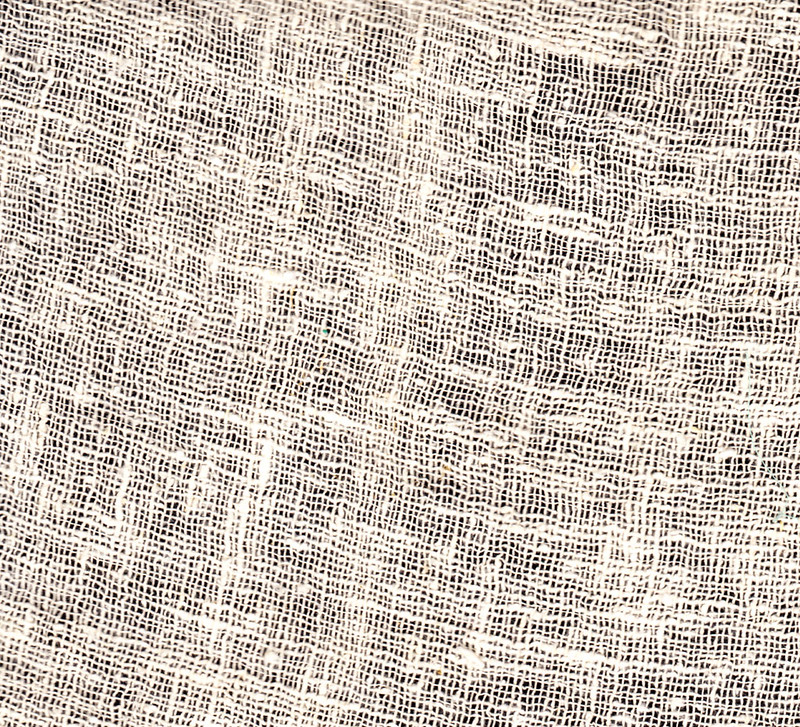
Can two articles about aspects of Schrödinger’s work exist in the literature at the same time if they have plagiarized from other papers about the same subjects?
The first paper, “Fixed point theorems for solutions of the stationary Schrödinger equation on cones,” appeared in 2015 and was written by Gaixian Xue, of Henan University of Economics and Law in China, and Eve Yuzbasi, of Istanbul University. According to the retraction notice, from Fixed Point Theory and Applications:
Continue reading If articles about a Schrödinger equation are retracted, do they still exist?






